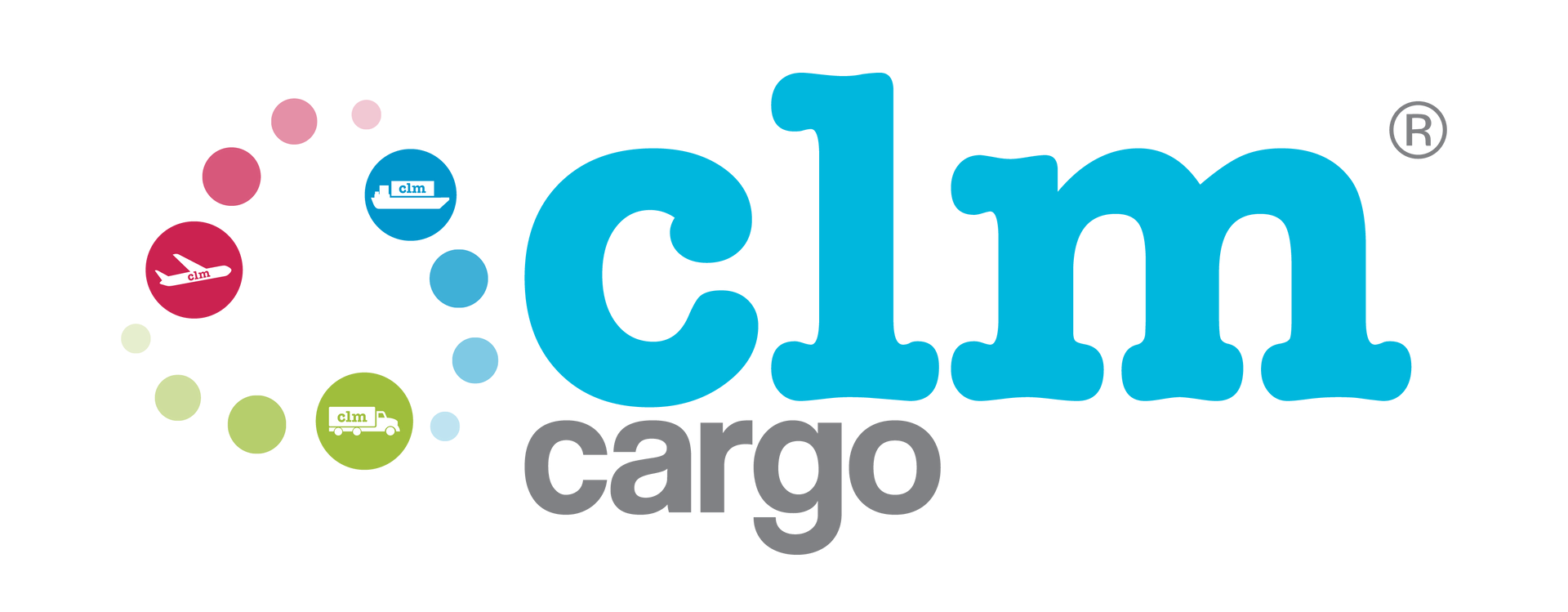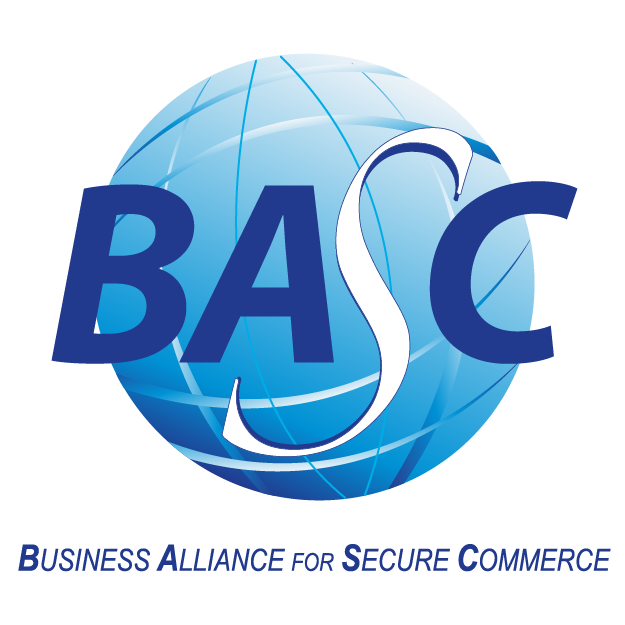Criteria of Origin

In an increasingly competitive global environment, the origin of a product goes beyond geography to become a strategic factor. Rules of origin make it possible to establish the true nationality of a good, directly influencing tariff benefits, access to preferential markets, and compliance with trade agreements. For companies seeking intelligent international expansion, understanding and correctly applying these rules is as essential as the quality of the product they export.
At CLM Cargo, we understand that in-depth knowledge of this subject not only prevents penalties or extra costs but also represents a tangible competitive advantage in international trade.
Definition and Conceptual Framework
Rules of origin are a set of regulations used to determine the actual country of origin of a product, based on its production, transformation, or assembly. These rules do not rely solely on the place of shipment but rather consider the degree of processing and the national or regional value added.
Their application is essential to:
- Determine the applicable tariff burden.
- Access preferential treatment under Free Trade Agreements (FTAs).
- Comply with country-of-origin labeling regulations.
- Avoid penalties related to origin fraud or documentation non-compliance.
Classification: Preferential vs. Non-Preferential Rules of Origin
1. Preferential Rules of Origin
These apply within the framework of trade agreements between countries. They allow goods originating from the signatory countries to benefit from reduced or exempt tariffs.
Example: A textile product manufactured in Colombia in accordance with the requirements of the FTA with the United States can enter that market tariff-free, enhancing its competitiveness.
2. Non-Preferential Rules of Origin
Applied outside of trade agreements, these rules are used to:
- Enforce trade defense measures (e.g., anti-dumping or countervailing duties).
- Establish import quotas.
- Meet labeling requirements.
Example: A household appliance assembled in China must be labeled “Made in China” regardless of the origin of its components.
Methodologies for Determining Origin
Origin can be determined through different methodologies, including:
a) Substantial Transformation
A product is considered originating if it undergoes a significant change in its tariff classification during the production process.
b) Regional Value Content (RVC)
Origin is determined based on a minimum percentage of value added within the region covered by the agreement.
c) Specific Production Processes
Certain agreements require specific production or assembly steps to be carried out in the country to qualify the product as originating.
Certification and Origin Verification
Proper use of tariff benefits requires formal documentation of origin. The main mechanisms include:
- Official Certificate of Origin: Issued by an authorized entity (such as chambers of commerce or customs authorities).
- Exporter’s Declaration: Allowed in some agreements, where the producer can self-certify the origin.
CLM Cargo Recommendation: Establish a robust system for document traceability. A lack of evidence during customs inspection may result in loss of benefits or even legal liability.

Strategic Value of Rules of Origin
1. Reduction of Operational Costs
Regulatory compliance allows companies to optimize their tax burden through tariff benefits.
2. Facilitated Access to Key Markets
Products with certified origin can enter preferentially into countries with active Free Trade Agreements (FTAs).
3. Prevention of Regulatory Risks
Incorrectly declared origin can trigger trade investigations and result in the loss of commercial privileges.
4. Enhanced International Competitiveness
Mastery of these criteria provides companies with the agility to adapt to new trade agreements and evolving market demands.
CLM Cargo: Comprehensive International Trade Advisory
At CLM Cargo, we offer a comprehensive and personalized approach to support companies throughout their regulatory compliance processes in international trade. Our team of experts guides you from origin determination to full documentation and validation.
Our services include:
- Origin analysis based on current trade regulations.
- Preparation and verification of certificates of origin.
- Corporate training for international trade teams.
- Regulatory risk prevention and documentation audits.
Turning Knowledge Into Competitive Advantage
Rules of origin are not merely a technical requirement—they are a strategic business tool. Mastering their application allows companies to reduce costs, avoid legal risks, accelerate operations, and open new international markets.
In today’s demanding global landscape, partnering with experts like CLM Cargo makes the difference between simply competing and truly leading.
Know the origin of your products. Strengthen the future of your business.






